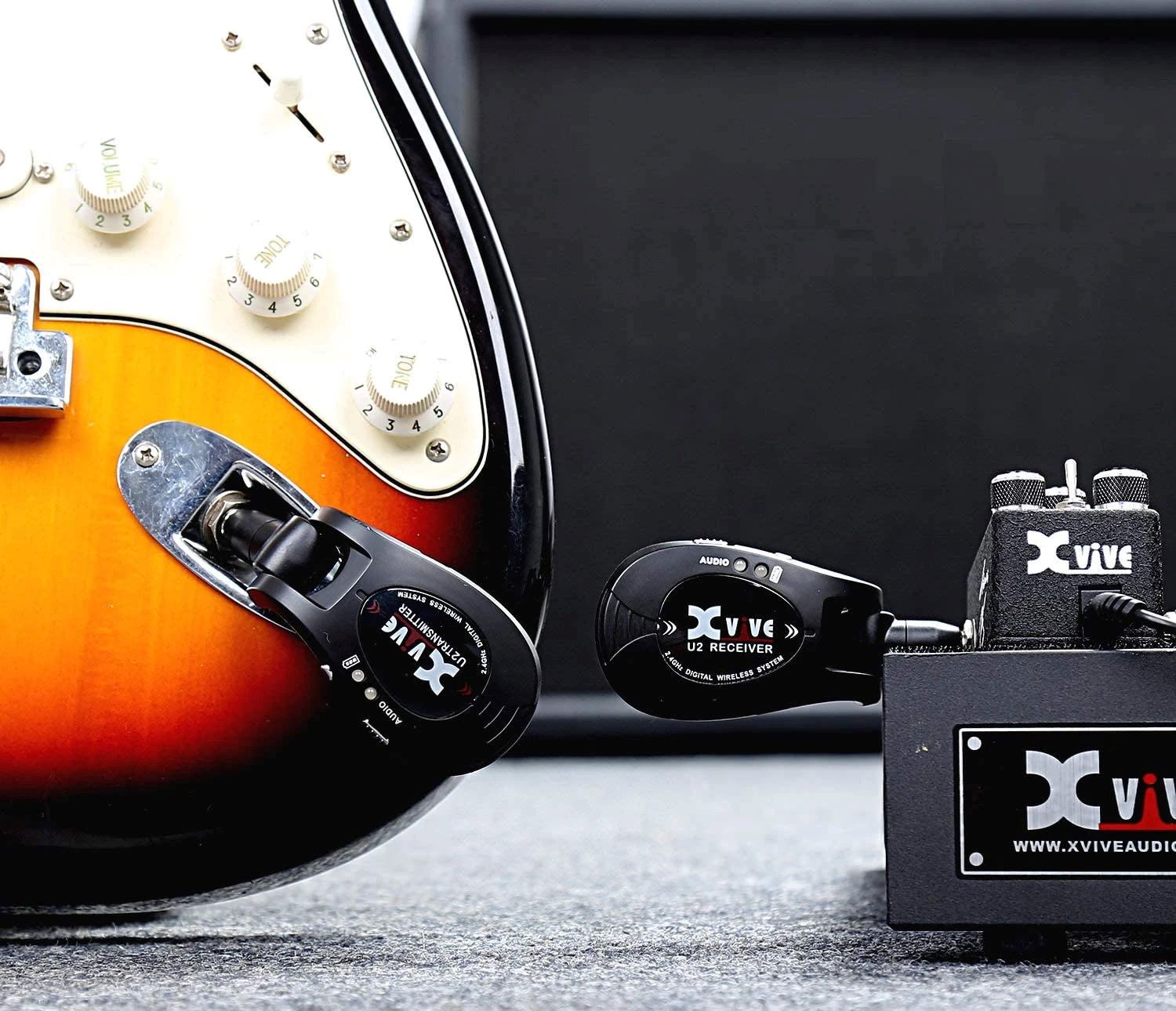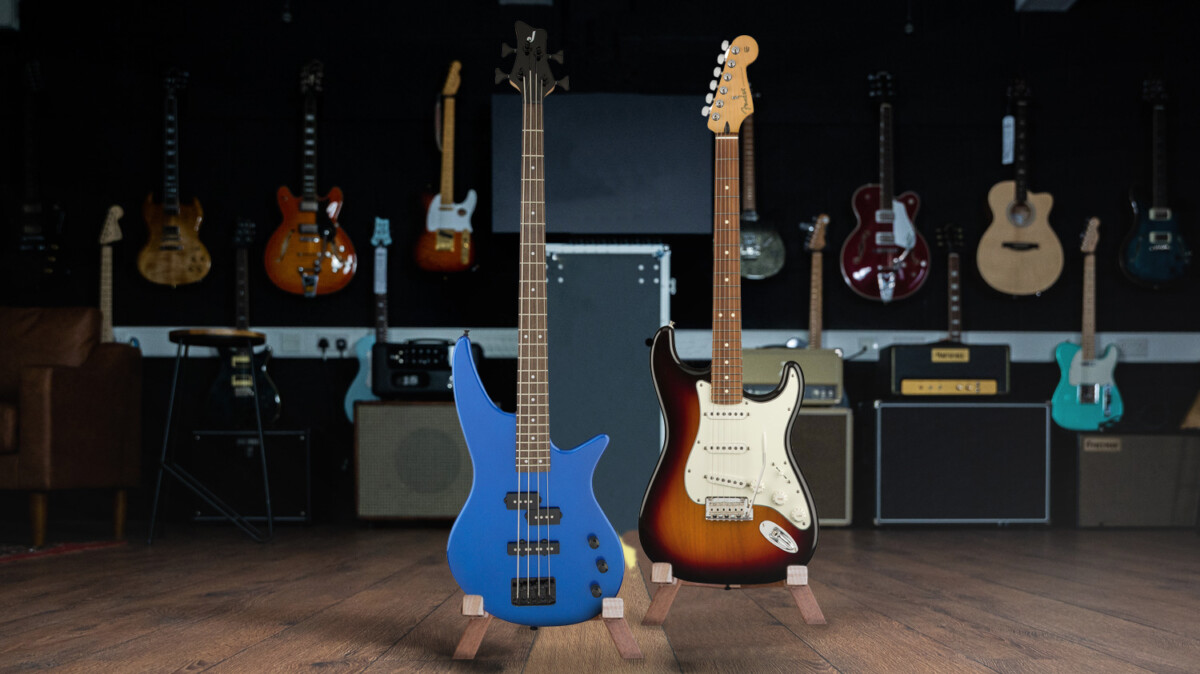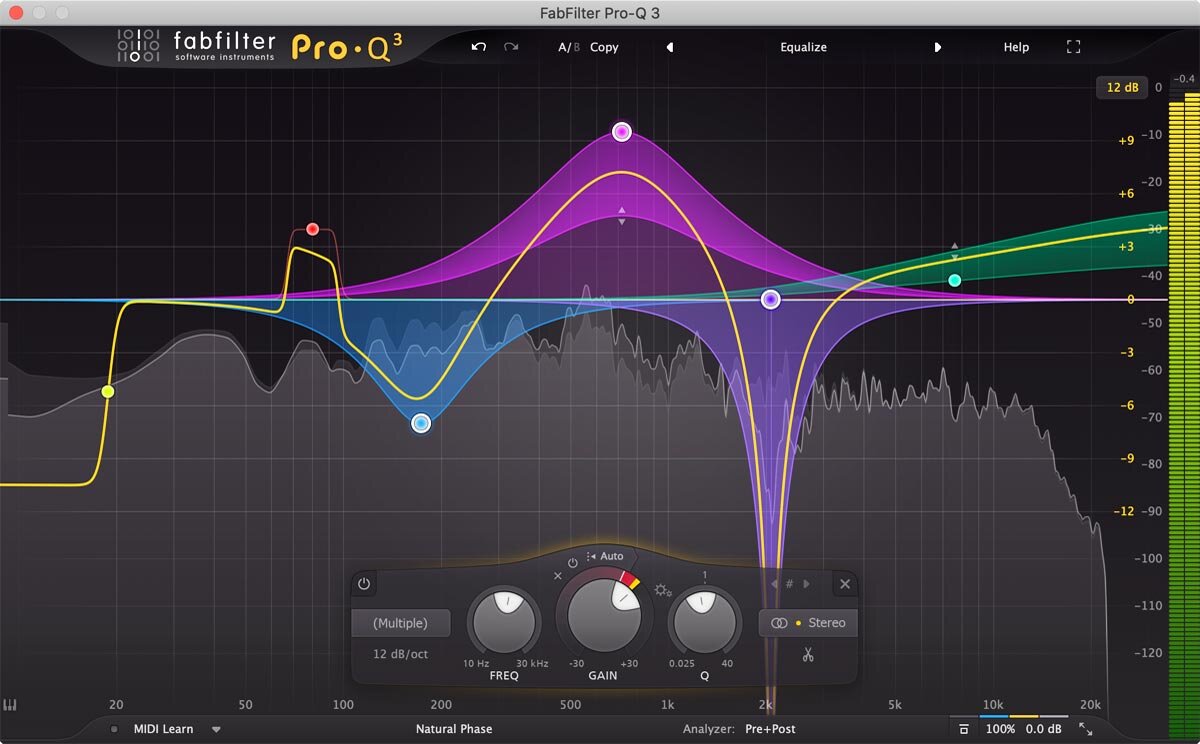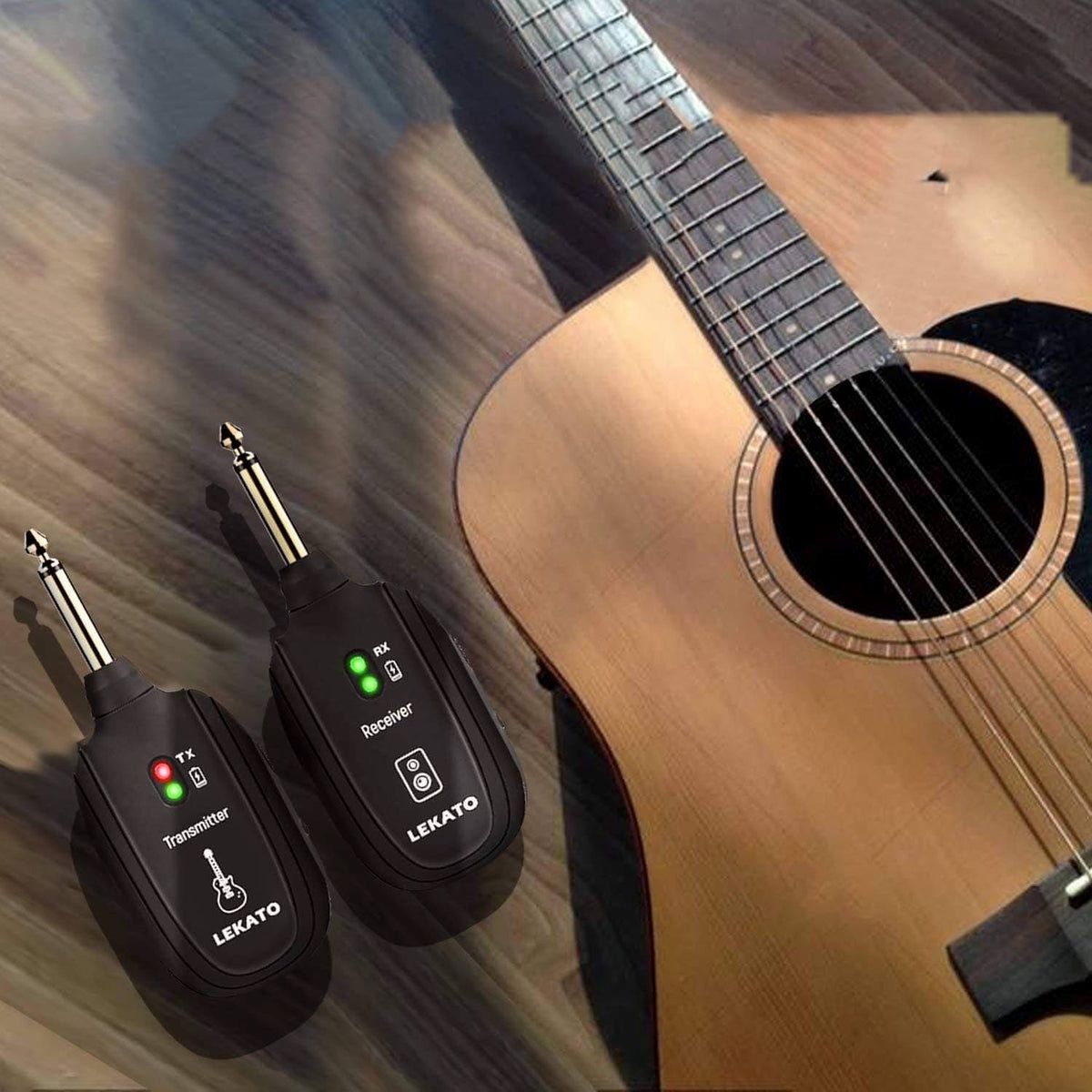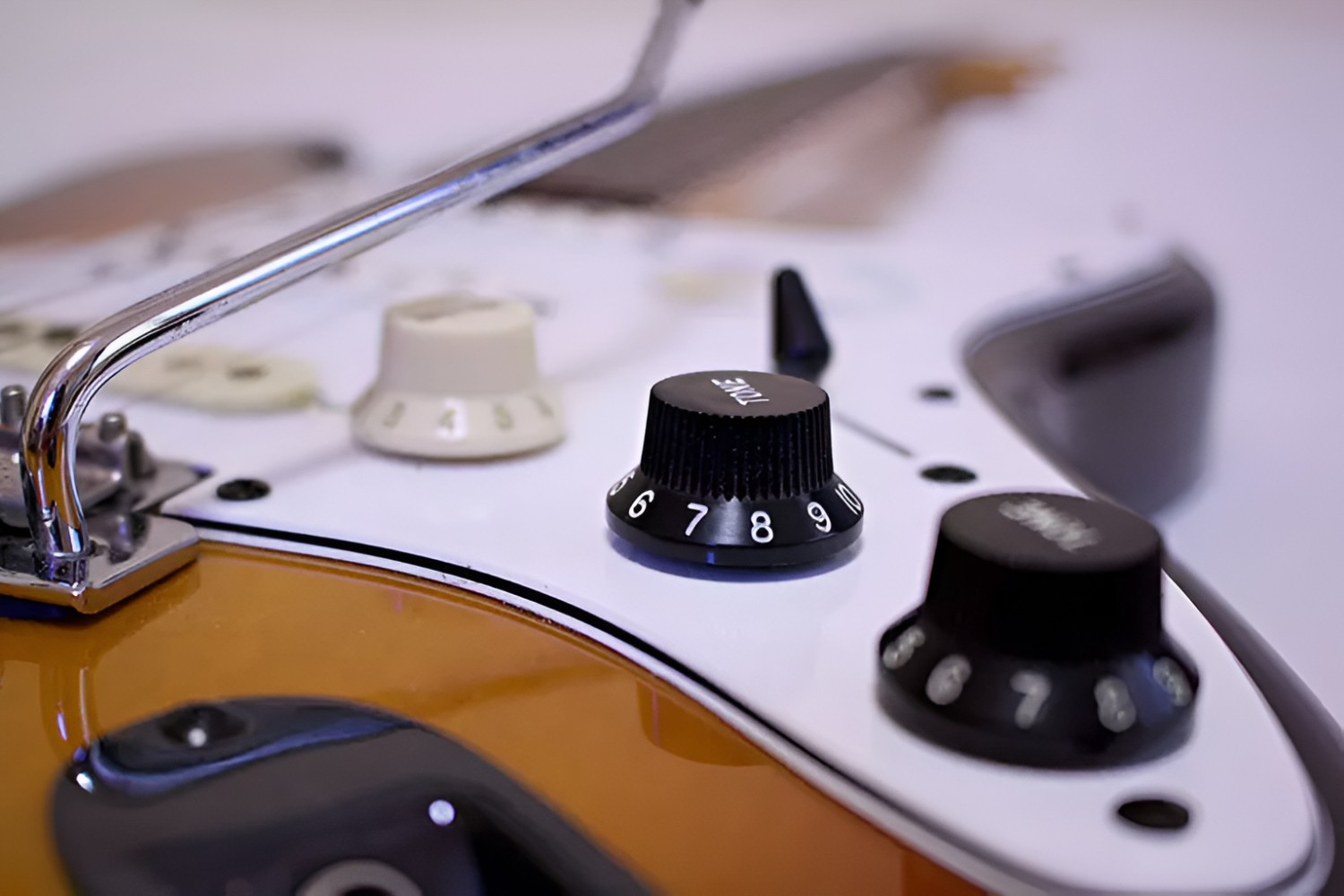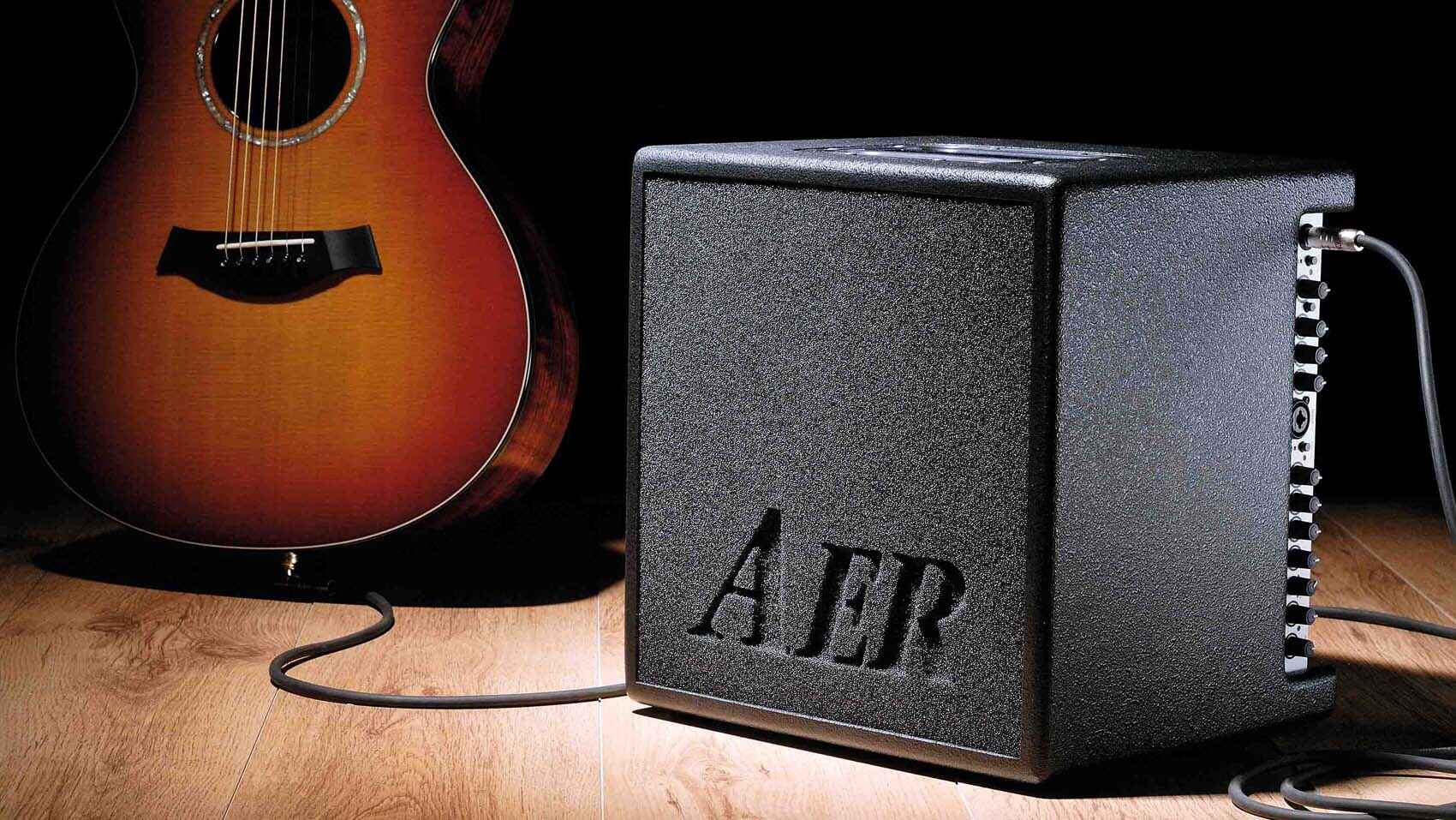Introduction
When it comes to the world of music, few instruments hold as much sway and captivation as the electric guitar and the bass. These stringed instruments have carved their own niches in the realm of music, each with its own unique characteristics and allure. Whether you're a seasoned musician or a budding enthusiast, the choice between an electric guitar and a bass can be a perplexing one. Both instruments have their own distinct appeal, and understanding their differences is crucial in making an informed decision.
The electric guitar, with its versatility and expressive potential, has been a staple in various music genres, from rock and blues to jazz and pop. On the other hand, the bass guitar, with its deep, resonant tones, forms the rhythmic backbone of a band, laying the foundation for the entire musical ensemble. Each instrument has its own distinct sound, role, and charm, making the choice between the two a matter of personal preference and musical aspirations.
In this comprehensive comparison, we'll delve into the various aspects of the electric guitar and the bass, shedding light on their sound and tone, their roles in a band setting, the difficulty and complexity of mastering each instrument, their portability and size, as well as the cost and maintenance considerations. By exploring these facets, you'll gain valuable insights into the nuances of each instrument, empowering you to make an informed decision based on your musical inclinations and aspirations. So, let's embark on this musical journey and unravel the intricacies of the electric guitar and the bass, paving the way for a harmonious and melodious musical experience.
Sound and Tone
One of the most defining characteristics of the electric guitar is its wide-ranging sonic palette, capable of producing an array of tones that span from melodic and soulful to gritty and aggressive. The guitar’s versatility stems from its ability to be played using various techniques, such as fingerpicking, strumming, and tapping, each yielding a distinct tonal quality. The electric guitar’s sound is further shaped by the use of effects pedals, which can add reverb, distortion, chorus, and other sonic embellishments, allowing for a virtually endless spectrum of tonal possibilities.
Conversely, the bass guitar is revered for its deep, resonant tones that lay the foundation of a band’s rhythm section. The instrument’s low-end frequencies provide the groove and pulse that underpin the entire musical composition. With its emphasis on rhythmic propulsion and harmonic support, the bass guitar’s sound is characterized by its rich, warm timbre that adds depth and solidity to the music.
While the electric guitar takes center stage with its melodic and soloing capabilities, the bass guitar shines in its role as the anchor of the band’s rhythm, providing a solid and cohesive sonic framework. Both instruments offer unique sonic qualities that contribute to the overall texture and depth of the music, making them indispensable components of any musical ensemble.
Role in the Band
When it comes to the dynamic interplay within a band, the electric guitar and the bass assume distinct yet complementary roles, each contributing to the overall sonic tapestry in its own unique way.
The electric guitar often takes on a lead role, serving as the primary melodic and harmonic voice in many musical compositions. Its expressive capabilities allow for soulful melodies, intricate solos, and powerful riffs, adding depth and emotion to the music. In a band setting, the electric guitar often takes center stage during solos and instrumental breaks, captivating the audience with its soaring and emotive sound.
On the other hand, the bass guitar operates in the lower register, anchoring the band’s rhythm and providing a solid foundation for the other instruments to build upon. The bass guitar’s role is rooted in creating a tight, rhythmic groove that propels the music forward, serving as the bridge between the harmonic and percussive elements of the band. Its deep, resonant tones and pulsating rhythms lay the groundwork for the entire ensemble, ensuring cohesion and momentum in the music.
While the electric guitar commands attention with its melodic prowess and soloing capabilities, the bass guitar forms the backbone of the band’s sound, fostering a strong rhythmic cohesion and harmonic framework. Together, these instruments work in tandem to create a compelling and dynamic musical landscape, with each instrument lending its unique voice to the collective harmony.
Difficulty and Complexity
Mastering the electric guitar involves a multifaceted journey that encompasses a wide array of playing techniques, including fretting, bending, sliding, and picking. The instrument’s six strings offer a broad melodic range, allowing for intricate chord progressions, arpeggios, and solos. Additionally, the electric guitar repertoire often includes complex rhythmic patterns and advanced lead techniques, presenting a significant learning curve for aspiring guitarists. While the instrument’s versatility allows for diverse playing styles, it also demands a dedicated and persistent approach to conquer its intricacies.
Conversely, the bass guitar, with its four strings and emphasis on rhythm and groove, offers a more straightforward path for beginners. The instrument’s primary role in providing a solid foundation for the band’s rhythm translates to a focus on fundamental note patterns and rhythmic precision. While the bass guitar repertoire encompasses a wide range of playing styles and techniques, its overall complexity may be perceived as more approachable compared to the electric guitar, making it an attractive option for aspiring musicians seeking an entry point into the world of stringed instruments.
Ultimately, both instruments present unique challenges and rewards, with the electric guitar offering a diverse and expressive playing field that demands technical proficiency and creativity, while the bass guitar provides a rhythmic and supportive role that requires precision and groove. The choice between the two instruments hinges on individual preferences and aspirations, as well as the willingness to embark on a musical journey that aligns with one’s desired level of complexity and challenge.
Portability and Size
When it comes to portability and size, the electric guitar and the bass present distinct considerations that cater to different practical needs and preferences.
The electric guitar, known for its sleek and slender profile, offers a high level of portability, making it an ideal choice for musicians on the go. Its relatively compact size and lightweight construction enable guitarists to transport the instrument with ease, whether for rehearsals, gigs, or jam sessions. Additionally, the electric guitar’s ergonomic design and streamlined form factor contribute to its overall maneuverability, allowing for effortless handling and mobility.
Conversely, the bass guitar, with its larger body and extended scale length, presents a bulkier and more substantial instrument. While the bass guitar’s size may pose certain challenges in terms of portability, its commanding presence and resonant sound make it an indispensable component of any band’s lineup. Despite its heftier build, the bass guitar’s sonic impact and rhythmic prowess outweigh its portability constraints, solidifying its place as a cornerstone of the band’s musical foundation.
Ultimately, the choice between the electric guitar and the bass in terms of portability and size hinges on the musician’s specific needs and practical considerations. While the electric guitar offers enhanced maneuverability and ease of transport, the bass guitar’s larger size is a testament to its commanding presence and pivotal role in shaping the band’s sonic landscape. Whether seeking a portable and nimble instrument for on-the-go performances or a substantial and resonant powerhouse for anchoring the band’s rhythm, both the electric guitar and the bass offer distinct attributes that cater to diverse musical preferences and logistical requirements.
Cost and Maintenance
When considering the financial investment and maintenance requirements associated with the electric guitar and the bass, several factors come into play, influencing the overall cost and upkeep of these instruments.
The electric guitar, with its intricate hardware, pickups, and electronic components, often entails a higher initial cost compared to the bass guitar. Additionally, the diverse range of effects pedals, amplifiers, and accessories available for the electric guitar can contribute to the overall investment required for a comprehensive setup. However, the maintenance of an electric guitar, while involving periodic string changes, adjustments, and potential electronic upkeep, is generally manageable with basic care and attention.
On the other hand, the bass guitar, with its robust construction and fewer electronic components, may present a more budget-friendly option for aspiring musicians. While the initial cost of a bass guitar and its accompanying amplification may be lower than that of an electric guitar setup, the instrument’s maintenance, including string replacements, truss rod adjustments, and periodic hardware checks, remains essential for optimal performance and longevity.
Both the electric guitar and the bass require regular maintenance to ensure their playability and tonal integrity. String replacements, fretboard conditioning, and hardware inspections are fundamental aspects of instrument upkeep that contribute to their longevity and performance. Additionally, proper storage, humidity control, and occasional professional servicing play vital roles in preserving the instruments’ playability and sonic quality over time.
When weighing the cost and maintenance considerations between the electric guitar and the bass, aspiring musicians should factor in the initial investment, ongoing upkeep, and long-term sustainability of their chosen instrument. While the electric guitar may entail a higher upfront cost and potential electronic maintenance, the bass guitar offers a more budget-friendly entry point with essential maintenance requirements that ensure its enduring performance and sonic resonance.
Conclusion
As we navigate the diverse landscape of musical instruments, the choice between the electric guitar and the bass emerges as a pivotal decision that shapes not only a musician’s sonic identity but also their musical journey. The electric guitar, with its versatile tonal palette and expressive potential, stands as a beacon of melodic prowess and emotive storytelling, captivating audiences with its soaring solos and intricate harmonies. Conversely, the bass guitar, with its deep, resonant tones and rhythmic fortitude, forms the bedrock of a band’s sonic architecture, anchoring the music with its pulsating groove and harmonic solidity.
At the heart of this comparison lies a fundamental truth: both the electric guitar and the bass offer unique pathways for musical expression, each bearing its own allure and significance in the realm of music. The electric guitar beckons with its melodic eloquence and virtuosic flair, inviting musicians to embark on a journey of sonic exploration and emotive resonance. On the other hand, the bass guitar exudes a commanding presence, grounding the music with its resolute rhythms and foundational depth, fostering a sense of cohesion and vitality within the band’s sonic tapestry.
Ultimately, the choice between the electric guitar and the bass transcends mere musical preference; it embodies a profound commitment to artistic expression and sonic storytelling. Whether one is drawn to the electric guitar’s expressive versatility or the bass guitar’s rhythmic vitality, both instruments serve as conduits for creative expression and musical communion.
As aspiring musicians embark on their musical odyssey, the decision between the electric guitar and the bass beckons them to explore the depths of their musical aspirations, unravel the intricacies of sonic expression, and forge a harmonious connection with their chosen instrument. Whether it’s the searing melodies of the electric guitar or the pulsating rhythms of the bass, both instruments stand as pillars of musical innovation and artistic fervor, inviting musicians to carve their own melodic legacy and shape the musical landscape with their unique voice.
So, as you stand at the crossroads of musical exploration, let your heart resonate with the strings of possibility, and may your musical journey be adorned with the timeless allure of the electric guitar and the steadfast resonance of the bass, weaving a symphony of emotive resonance and rhythmic vitality that transcends the boundaries of musical expression.









